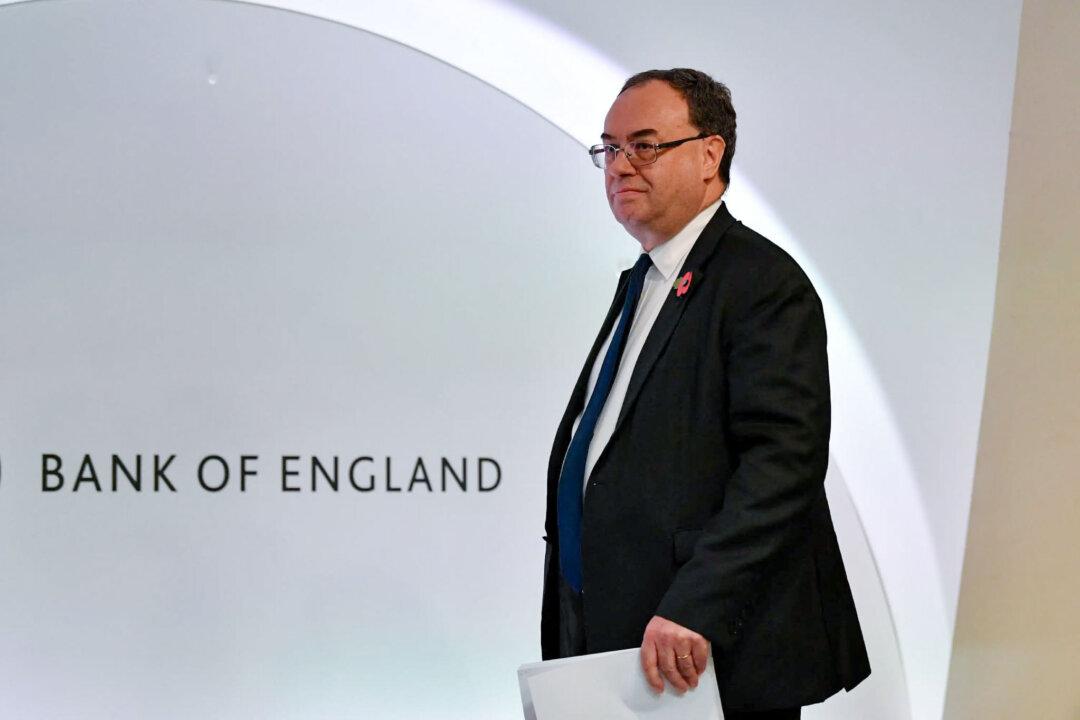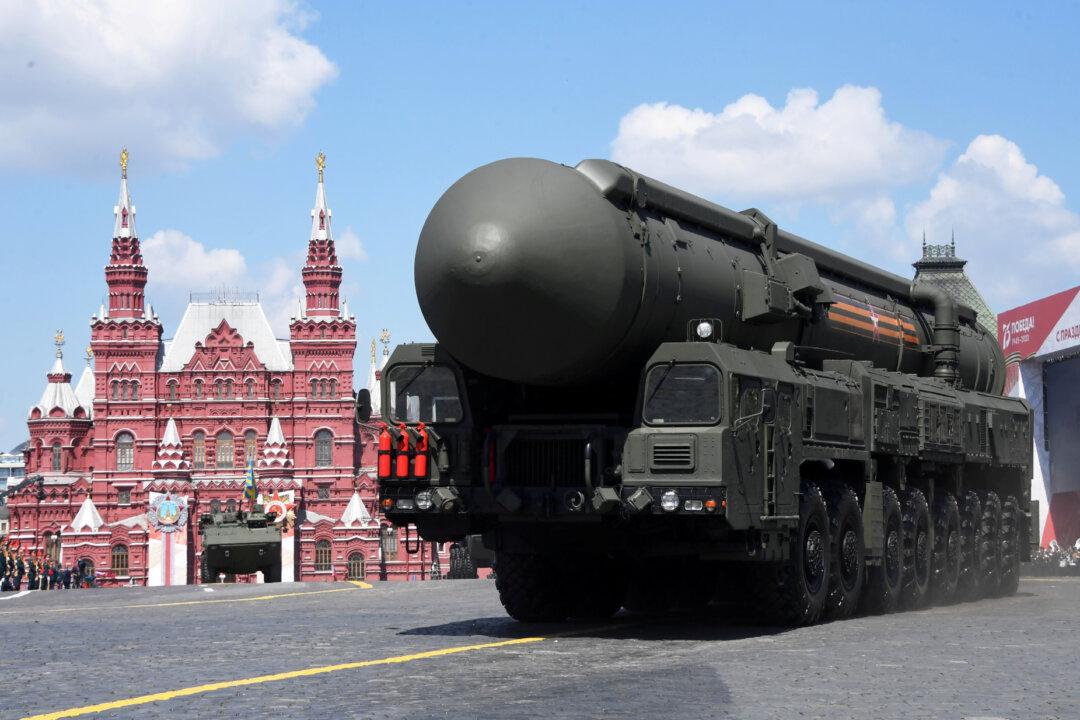Wind turbines have generated more electricity than gas for the first time in the UK, figures show.
Research from Imperial College London reveals almost a third, or 32.4 percent, of the country’s electricity was generated by on and offshore wind farms in the first quarter of the year. Gas-fired powered stations delivered 31.7 percent.





